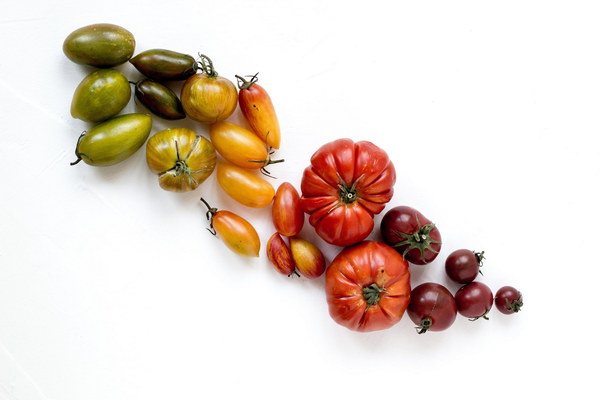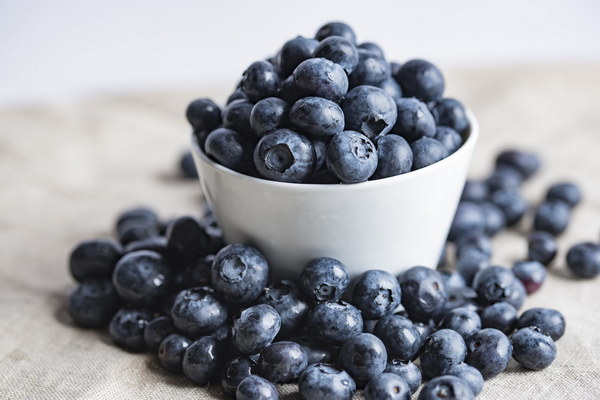Is Pumpkin Good for Your Stomach A Comprehensive Guide
Pumpkin, a versatile and nutritious vegetable, has been a staple in many diets around the world. Its sweet, mild flavor and numerous health benefits make it a favorite among both children and adults. However, many people wonder whether pumpkin is good for their stomach or not. In this article, we will explore the digestive benefits of pumpkin and help you decide if it is the right choice for your stomach.
Pumpkin is rich in dietary fiber, which plays a crucial role in maintaining a healthy digestive system. Dietary fiber adds bulk to the stool, making it easier to pass through the intestines and reducing the risk of constipation. Additionally, fiber helps to regulate bowel movements and can improve overall digestive health. Therefore, pumpkin can be considered beneficial for individuals with a sensitive stomach or those suffering from digestive disorders such as irritable bowel syndrome (IBS).

Moreover, pumpkin contains a high amount of beta-carotene, an antioxidant that can protect the lining of the stomach and intestines. Beta-carotene helps to reduce inflammation and can be particularly beneficial for those with stomach ulcers or acid reflux. By promoting a healthy stomach lining, pumpkin can help alleviate symptoms associated with these conditions.
However, it is essential to consume pumpkin in moderation, especially if you have a sensitive stomach. Overeating pumpkin can lead to bloating, gas, and discomfort. To avoid these issues, start by incorporating small amounts of pumpkin into your diet and gradually increase your intake. Additionally, cooking pumpkin can help break down its fibers and reduce the likelihood of digestive discomfort.
Pumpkin is also a good source of vitamins and minerals, including potassium, vitamin C, and vitamin E. These nutrients contribute to overall gut health by supporting the immune system and promoting the growth of beneficial gut bacteria. The presence of probiotics in pumpkin can help maintain a healthy balance of gut flora, which is essential for proper digestion.
For individuals with a history of gluten sensitivity or celiac disease, pumpkin is an excellent gluten-free option. Its mild flavor and versatility make it a perfect ingredient for soups, stews, smoothies, and even desserts. Incorporating pumpkin into your diet can provide a nutritious alternative to other gluten-containing foods that may irritate the stomach.
However, it is worth noting that some individuals may experience an adverse reaction to pumpkin. For example, individuals with fructose malabsorption, a condition that affects the body's ability to absorb fructose, may experience bloating and stomach pain after consuming pumpkin. In such cases, it is best to consult with a healthcare professional before including pumpkin in your diet.
In conclusion, pumpkin can be a beneficial addition to your diet if consumed in moderation. Its high fiber content, beta-carotene, and other nutrients can help maintain a healthy digestive system and alleviate symptoms associated with stomach issues. However, it is essential to consider your individual health conditions and consult with a healthcare professional if you have any concerns about consuming pumpkin. Remember, the key to a healthy diet is balance, and incorporating a variety of nutrient-rich foods, including pumpkin, can contribute to a well-rounded and healthy lifestyle.









